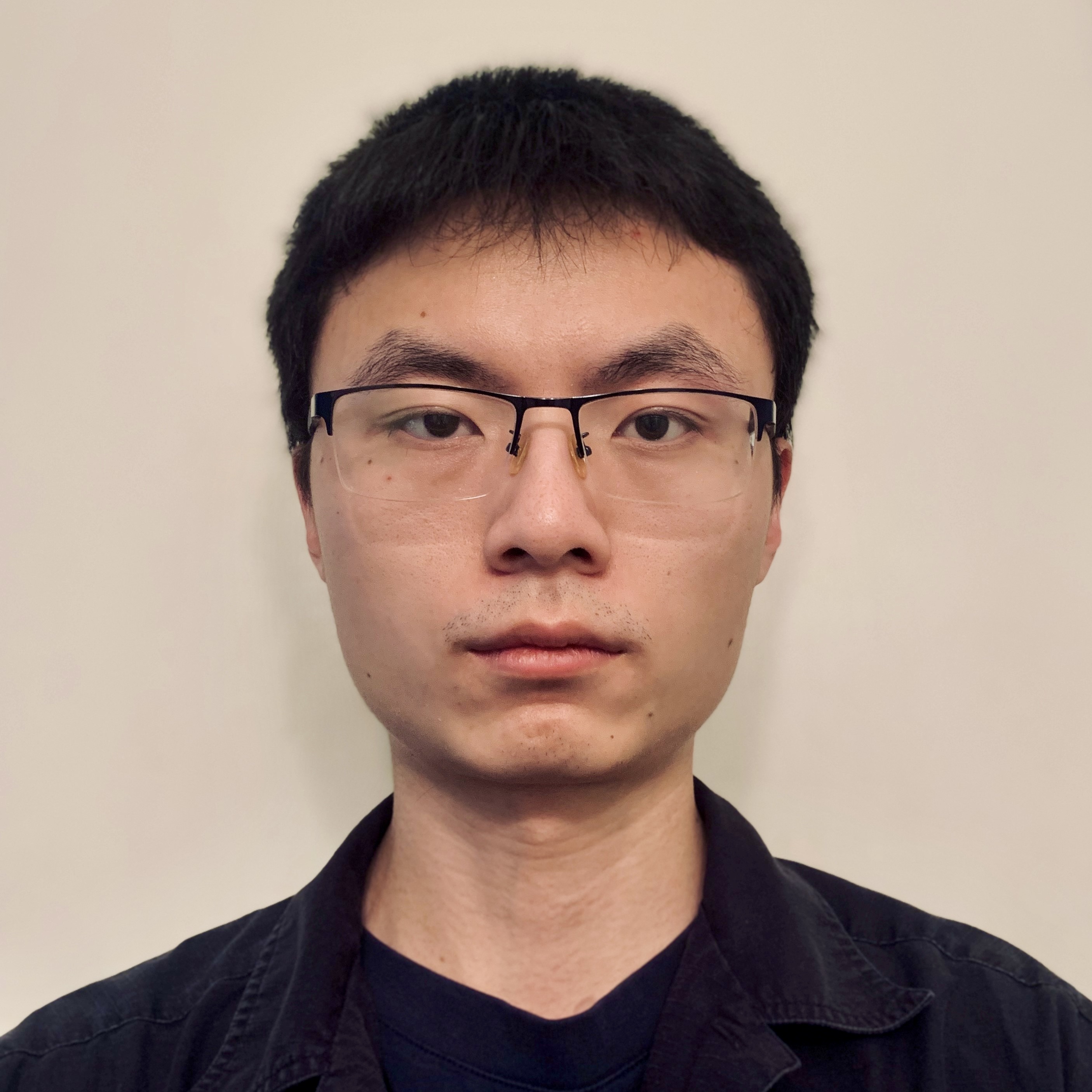Kun Huang has been awarded the 2024 Outstanding Dissertation Award from the Oden Institute for Computational Engineering and Sciences. His dissertation, “A Numerical and Analytical Study of Kinetic Models for Particle-Wave Interaction in Plasmas,” focuses on advancing numerical methods for solving the kinetic equation in plasma physics.
Todd Arbogast, professor of mathematics and chair of the Graduate Studies Committee, said Kun’s dissertation was selected “for a beautiful blend of deep mathematical analysis and practical numerical algorithmic development for the kinetic modeling of particle-wave interactions in plasmas.”
Current challenges in the field stem from the limitations of existing models. While the fluid model lacks the capability to capture critical mechanisms, the kinetic equation, which is able to provide the desired microscopic description, is too costly to compute for inhomogeneous plasmas. In order to remedy this, Kun proposes a novel method that uses trajectorial average to reduce the dimension and relax time step restrictions, thus lowering the cost of computation. He has tested and validated his work on 3-dimensional systems with axisymmetry.
In addition, Kun, who is a student in the Applied Mathematics Group at the Institute, also offers a proof of existence of a weak solution to the equation that describes the particle wave interaction in plasmas in the one-dimensional case.
